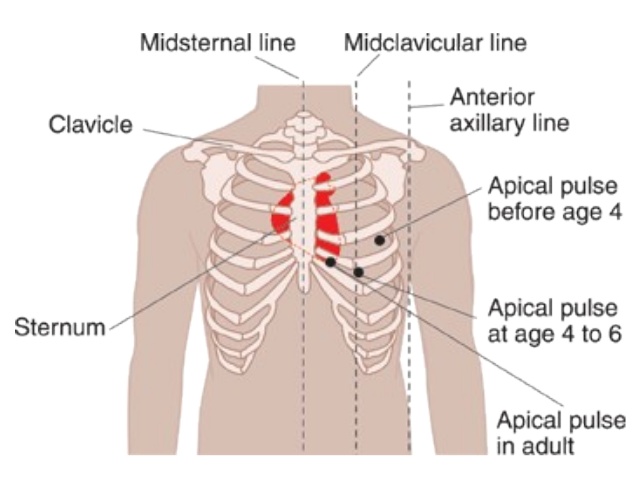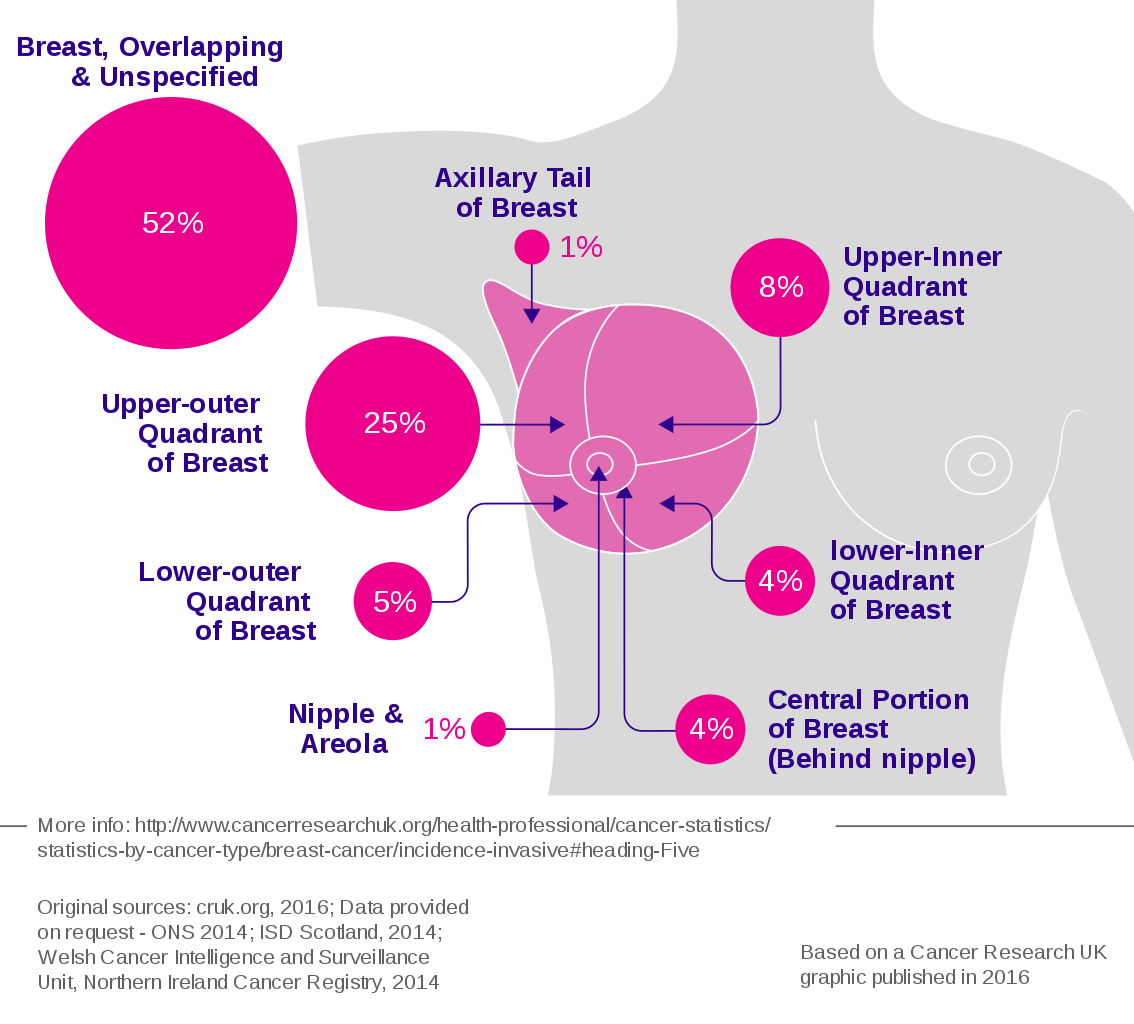The nurse is assessing a client diagnosed with fluid overload. The nurse should implement priority interventions for which of the following assessment findings? (Select all that apply.)
Increased temperature
Increase hematocrit
Blood pressure 180/100
Respiratory rate 32
Heart rate 120bpm
Correct Answer : C,D
A. Increased temperature: Fluid overload typically doesn't cause an increased temperature. Infections or other inflammatory processes are more likely causes of elevated body temperature.
B. Increased hematocrit: Fluid overload usually results in dilution of blood components, leading to a decreased hematocrit (lower concentration of red blood cells in the blood). An increased hematocrit is not a typical finding in fluid overload.
C. Blood pressure 180/100: Elevated blood pressure can be associated with fluid overload, especially if the overload is chronic. This is a correct assessment finding that requires intervention and monitoring.
D. Respiratory rate 32: An increased respiratory rate can be a sign of respiratory distress, which may occur in severe cases of fluid overload, especially if it leads to pulmonary edema. This is a correct assessment finding that requires intervention and further evaluation.
E. Heart rate 120 bpm: An increased heart rate can be a compensatory mechanism in response to fluid overload, especially if the heart is trying to maintain cardiac output. However, this heart rate alone is not specific enough to confirm fluid overload. Other signs and symptoms, such as edema, increased blood pressure, and respiratory distress, are more indicative of fluid overload.
Nursing Test Bank
Naxlex Comprehensive Predictor Exams
Related Questions
Correct Answer is A
Explanation
A. Fifth left intercostal space at the midclavicular line:
Explanation: The apical pulse, or the point of maximal impulse (PMI), is typically located at the fifth intercostal space at the midclavicular line on the chest. This is the area where the heartbeat is best heard using a stethoscope in most adults.
B. Third left intercostal space at the midclavicular line:
Explanation: This location is too high for the apical pulse. The heart's apex is generally not found at the third intercostal space; it's lower, closer to the fifth intercostal space.
C. Fourth left intercostal space at the sternal border:
Explanation: This location is not the typical site for auscultating the apical pulse. The PMI is usually heard at the midclavicular line, not at the sternal border.
D. Under the left breast at the midclavicular line:
Explanation: This position is not precise enough for auscultating the apical pulse. The specific intercostal space (fifth) and midclavicular line are crucial for accurate assessment.

Correct Answer is A
Explanation
A. The location of most breast tumors: This choice is correct. The upper outer quadrant of the breast is the most common site for breast tumors. This area has a higher concentration of glandular tissue, making it more susceptible to the development of tumors. Therefore, thorough examination of this area is crucial during breast examinations.
B. More prone to Injury and calcifications than other locations in the breast: While injuries can occur in any part of the breast, the statement about calcifications is not accurate. Calcifications in breast tissue can occur in various areas and are not specific to the upper outer quadrant.
C. The largest quadrant of the breast: This statement is not accurate. The breast quadrants are not distinguished by size; they are anatomical divisions used for reference during breast examinations. Each quadrant has its significance for examination purposes, but none is considered the largest.
D. Where most of the suspensory ligaments attach: The suspensory ligaments, also known as Cooper's ligaments, provide structural support to the breast tissue. While they are essential for breast anatomy, they are not concentrated in the upper outer quadrant exclusively. These ligaments are distributed throughout the breast tissue.

Whether you are a student looking to ace your exams or a practicing nurse seeking to enhance your expertise , our nursing education contents will empower you with the confidence and competence to make a difference in the lives of patients and become a respected leader in the healthcare field.
Visit Naxlex, invest in your future and unlock endless possibilities with our unparalleled nursing education contents today
Report Wrong Answer on the Current Question
Do you disagree with the answer? If yes, what is your expected answer? Explain.
Kindly be descriptive with the issue you are facing.
